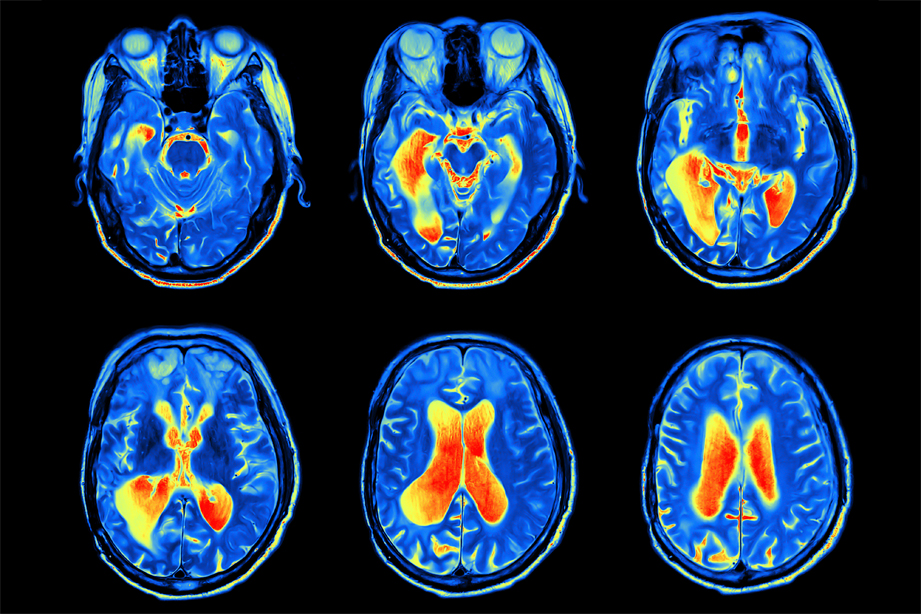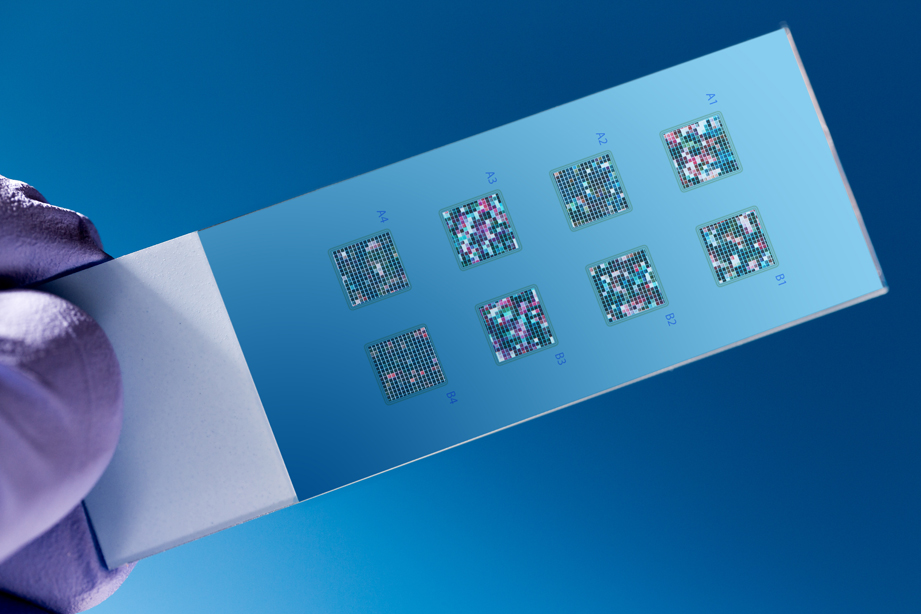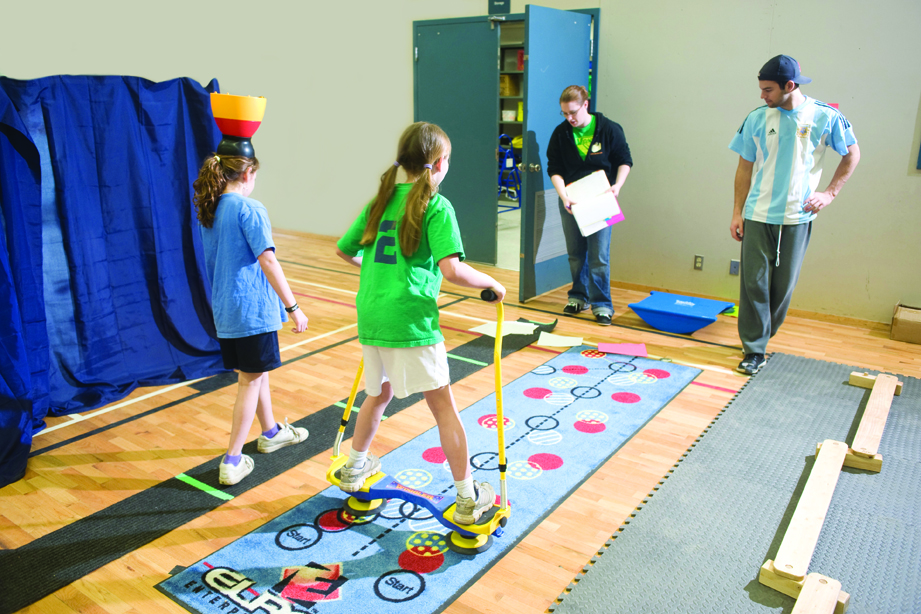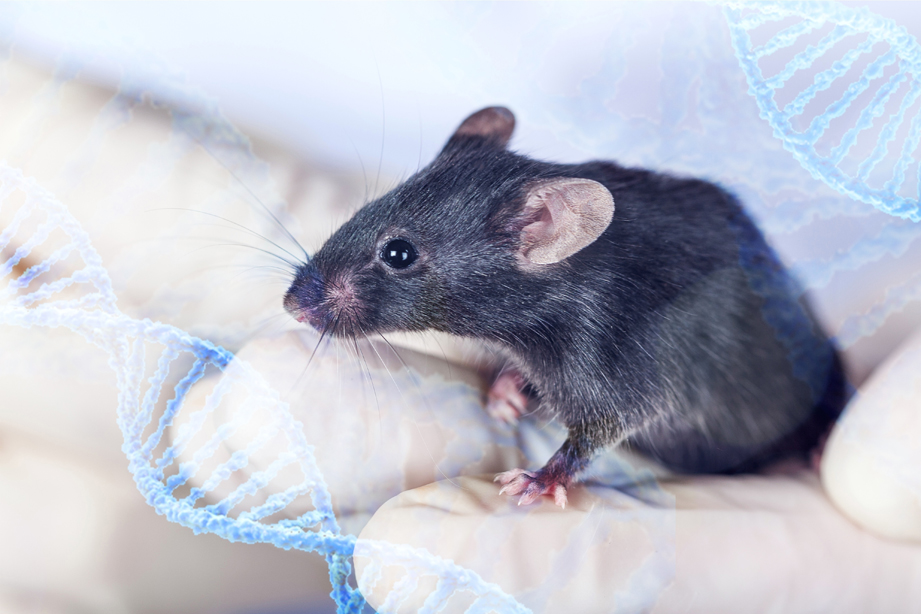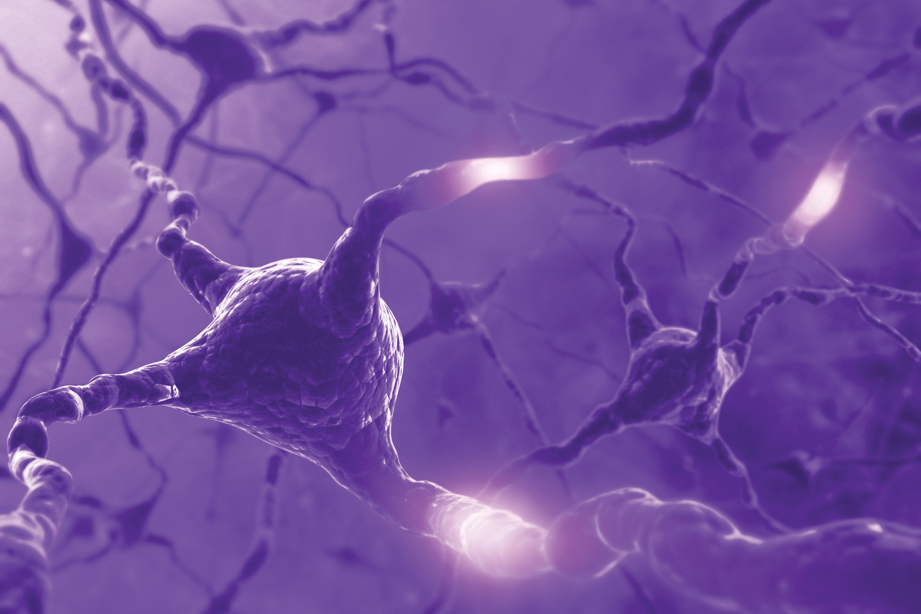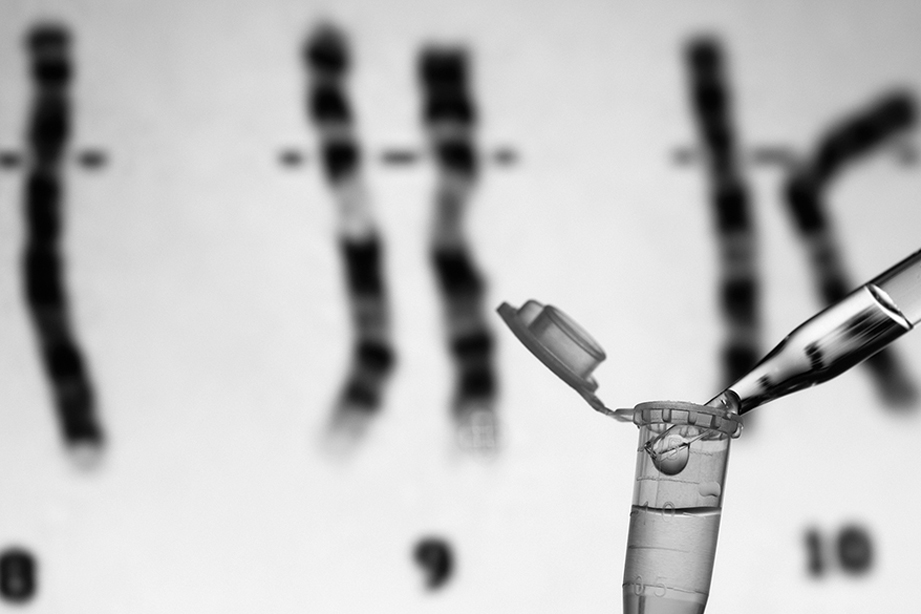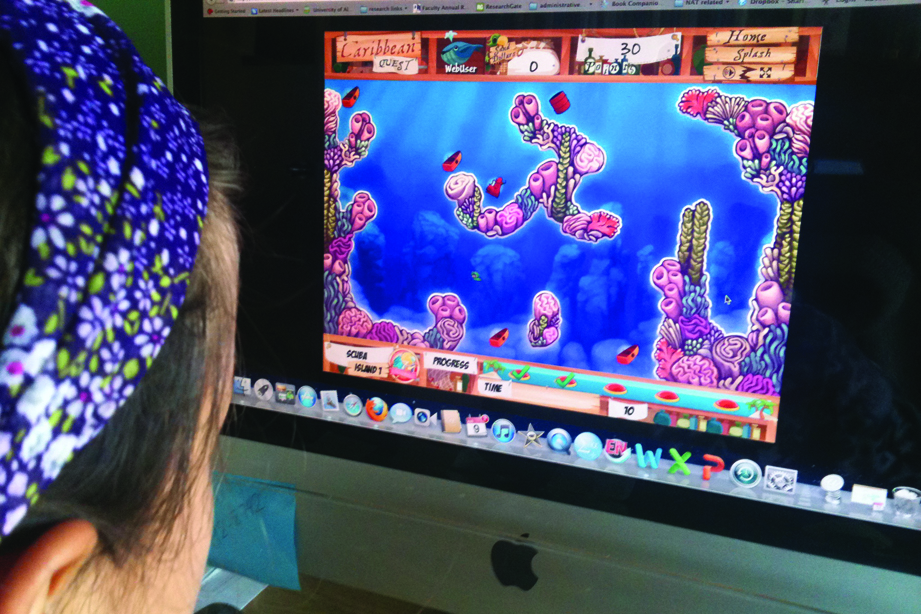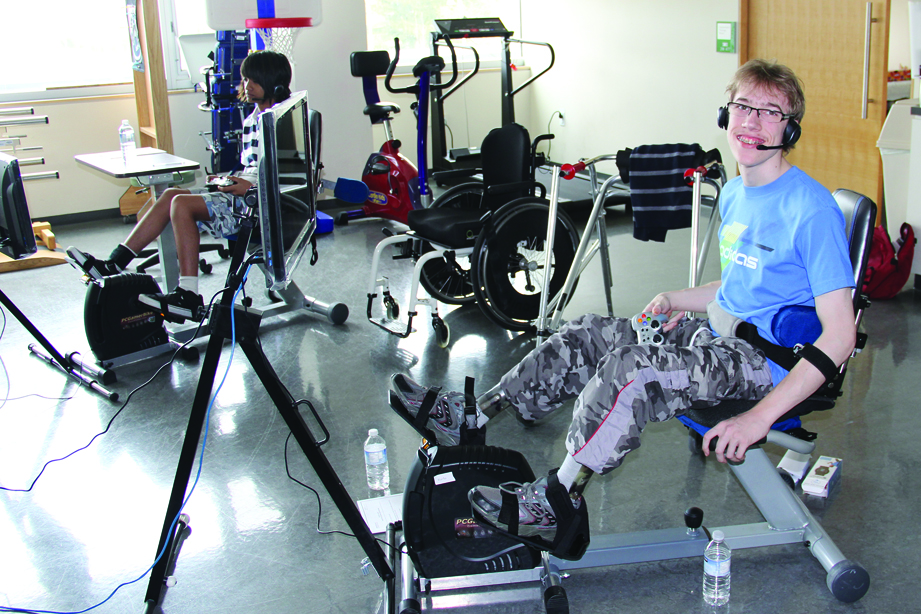Through its 13-year history, KBHN has established a track record as an internationally recognized evidence-based multidisciplinary network that generates and mobilizes critical knowledge and innovation most relevant to communities and families. Working with partner organizations, KBHN research teams have created numerous innovation outputs, including policy documents, commercial products, copyrights, license agreements, new clinical practice guidelines, and training packages.
The initial Cycle III research projects were identified based on evidence of efficacy and the presence of appropriate implementation partners. Each project was provided with support from KBHN central administration in the principles of implementation science, an emerging and rapidly evolving field which focuses on how effective interventions are disseminated and implemented across the spectrum of contexts and settings in order to become embedded into routine practice to improve individual and population health.
Funded through a competitive application process based on the probability of achieving impact through research excellence, five New Implementation Projects (IPs) were selected from KBHN’s pipeline of research that originated in Cycle II.
KBHN conducted an open competition for new research initiatives under the umbrella of the Strategic Investment Fund (SIF) which resulted in 21 submissions, from which the five strongest applications were funded through a highly competitive process. Importantly, the SIF projects were required to bring external partner financial support that matched the NCE contribution at least 1:1, and also include family/patient stakeholders as members of the research team.
Previously funded projects overview
Cycle I – Building the Network
The Kids Brain Health Network (KBHN) was established in 2010 as an interdisciplinary network of researchers and clinicians to address fundamental questions of early brain development with the specific goal of mobilizing this knowledge to improve the lives of children living with neurodevelopmental disabilities and their families. The initial research projects funded by KBHN focussed on the interaction between genes and the environment. This knowledge has led to a better understanding of the origins of three highly prevalent neurodevelopmental disabilities, namely Autism Spectrum Disorder (ASD), Cerebral Palsy (CP), and Fetal Alcohol Spectrum Disorder (FASD).
In mid-Cycle I, a Strategic Advisory Committee of stakeholders knowledgeable about research, training, and knowledge translation supported a board-led strategic planning process. This process’s key outcome was to shift the focus of KBHN’s research programs toward application-based research.
Cycle II – Strengthening Connections
Cycle II was characterized by incorporating new cross-cutting themes that expanded the scope of the Network’s activities. More specifically, to promote change for children with neurodevelopmental disabilities and their families, attention was focused on the child’s critical role and family’s social environment as a predictor of outcomes. Also, new initiatives were introduced to address issues that are common across virtually all neurodevelopmental disabilities. These include comorbidities such as sleep disruption and the fragmented systems of support that families struggle to navigate.
The ASD Demonstration Project: Neuroimaging and Function
Challenge Right now, autism spectrum disorder is diagnosed based on [...]
The ASD Demonstration Project: Next-Generation Genome Sequencing and Identification of Rare DNA Variants
Challenge Autism spectrum disorder often runs in families. For example, [...]
Focusing on Strengths Rather than Deficits in FASD Interventions (OIP)
Challenge Approximately 1 in 100 children per year affected by [...]
The ASD Demonstration Project: Clinical Utility Studies
Challenge An autism spectrum disorder diagnosis gives parents and guardians [...]
The ASD Demonstration Project: Identifying Early Behavioural Biomarkers
Challenge Kids in Canada with autism spectrum disorder do not [...]
The Knowledge – Translation Core
Challenge It is no secret that there is often a [...]
The ASD Demonstration Project: Sleep: A Comorbidity Across Disorders
Challenge Upward of 90 percent of children with neurodevelopmental disabilities [...]
The ASD Demonstration Project: Translation of Genomic Discoveries into Clinical Practice
Challenge A person’s genome could contain useful information about their [...]
Gaining a Better Understanding of Perinatal Stroke
Challenge The time around birth (known as the perinatal period) [...]
Discovering Genes that Play a Role in Autism Spectrum Disorders
Challenge Mounting evidence has shown that genetics play a role [...]
Knowledge Translation Cerebral Palsy Network
Challenge While Canadian scientists are leaders in Cerebral Palsy research, [...]
FAST Club and Braingamers
Challenge Approximately 1 in 100 children per year are affected [...]
Rat Studies Help Better Characterize FASD and Identify Potential Biomarkers
Challenge Children are usually school-aged by the time they receive [...]
Mouse Models as a way to Determine Alcohol-Susceptible and Alcohol-Resistant Genes
Challenge When studying Fetal Alchol Spectrum Disorder (FASD), it’s challenging [...]
Neuroimaging and the Effects of Alcohol on the Brain
Challenge Children with Fetal Alcohol Spectrum Disorder (FASD) exhibit a [...]
The Promise of Epigenetics as a Novel Tool for FASD Screening
Challenge Prenatal alcohol exposure is a major cause of behavioural [...]
Eye Tracking Device to Aid in Early FASD Screening
Challenge The assessment of children for Fetal Alcohol Spectrum Disorder [...]
Therapeutic Video Game for Fetal Alcohol Spectrum Disorder
Challenge People with Fetal Alcohol Spectrum Disorder (FASD) tend to [...]
The Benefits of Active Video Games for Youth with Cerebral Palsy
Challenge When children with cerebral palsy (CP) become teenagers, their [...]
Cerebral Palsy Genetics
Challenge While the past several years have seen a growing [...]
Caribbean Quest
Challenge Individuals with neurodevelopmental disabilities commonly experience attention and executive [...]

